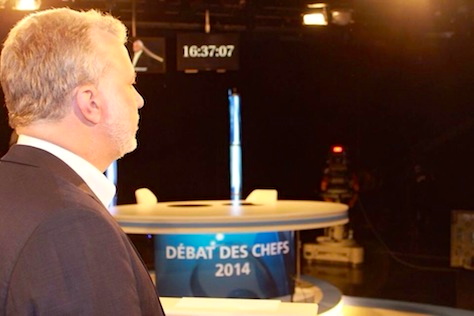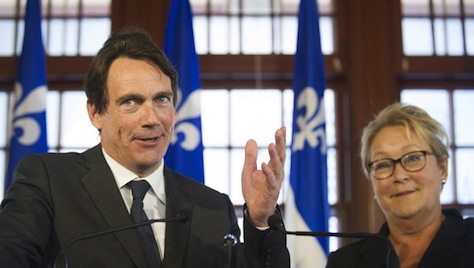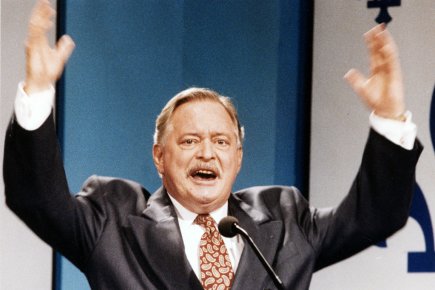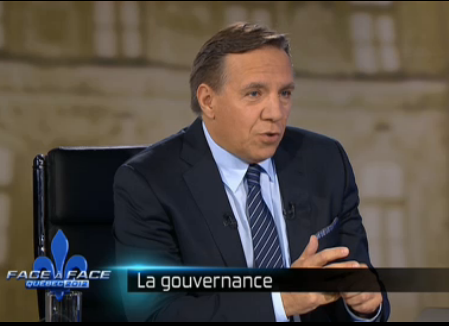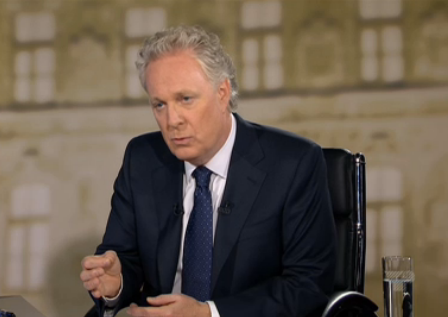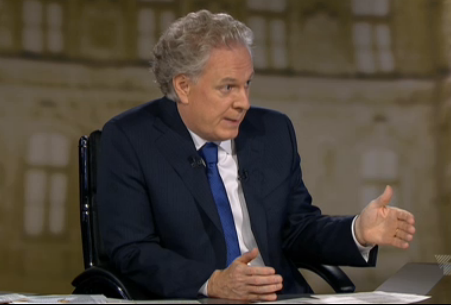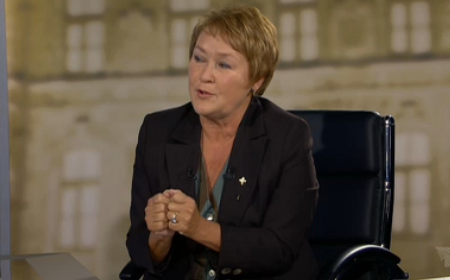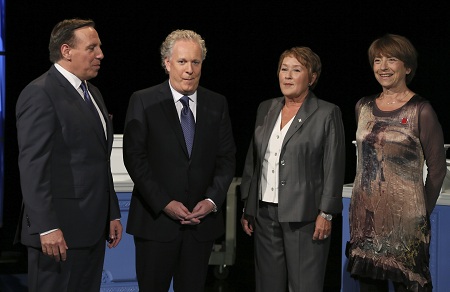I write tomorrow for The National Interest that the Confederate States of America lost the American Civil War, 150 years ago this month, in large part because its leaders failed horribly at the diplomatic level to secure allies abroad that would recognize the CSA or even provide the Confederacy with material support:![]()
Though Union forces compelled the surrender of the Confederate army in April 1865, the Confederacy forfeited, by mistake and misfortune, the one potential asset that could have turned the tide much sooner: international recognition from an initially sympathetic Europe. In that regard, the Confederacy lost the war in London and Paris as much as it lost it in Gettysburg and Appomattox.
In particular, the CSA got off to a slow start and, with no Benjamin Franklins or Thomas Jeffersons on its bench, it cycled through three secretaries of state in its first 13 months. Confederate president Jefferson Davis also erred in assuming that European merchants were so dependent on southern cotton that Great Britain and France would assist the Confederacy in its infancy — another fatal assumption.
Though few may necessarily lament the Confederacy’s demise on its sesquicentennial, its failure can still teach us important lessons about the wise conduct of foreign policy today. International diplomacy and outreach made the difference for countries like South Sudan and East Timor; conversely, lack of imagination has hampered countries like Kosovo in its early years, and has otherwise set back Palestinian statehood hopes.
You could imagine that the Tibetan independence movement would be way stronger today in the Dalai Lama hadn’t abandoned the effort in the 1970s. You could also easily imagine that Newfoundland would be an independent country today if the energetic Joey Smallwood hadn’t so strongly boosted confederation with Canada.
Catalan regional president Artur Mas, Scottish first minister Nicola Sturgeon and the soon-to-be-leader of the Parti québécois, Pierre Karl Péladeau, should take note.
Read it all here.

